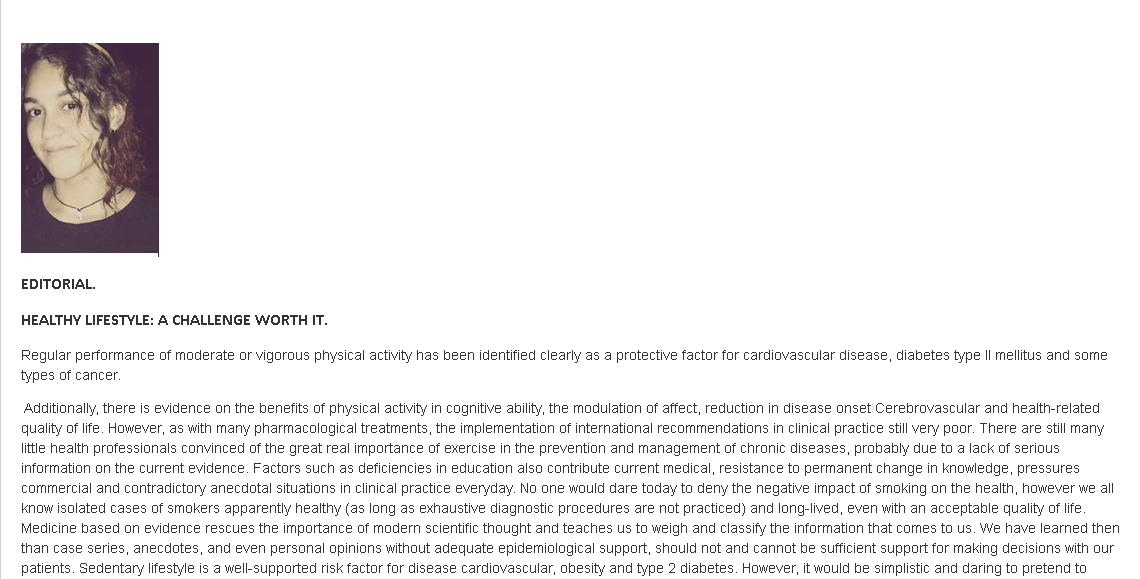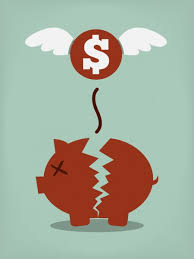POVERTY.
Poverty is a situation in which it is not possible to satisfy the basic physical and psychological needs of a person, due to lack of resources such as food, housing, education, health care, clean water or electricity.
Nombre: valentina Marín Jaramillo
Numero: 21
Grado: 11-A
Poverty
By poverty we understand the situation or condition of a sector of the population that cannot access the minimum basic resources to cover their physical and mental needs, which means that they have an inadequate standard of living.
Poverty goes beyond lack of income and resources to guarantee sustainable livelihoods. Its manifestations include hunger and malnutrition, limited access to education and other basic services; leading people to coexist in social discrimination and exclusion.
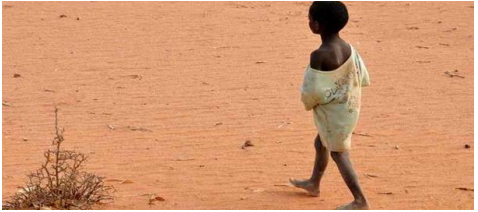
Some data about poverty worldwide are strong since most live on this:
• The percentage of poverty in the world is 9.6%. This means that they survive on less than € 1.6 a day.
• The poverty rate continues to reach 35.2% in sub-Saharan Africa, where the largest number of poor children in the world is concentrated.
• The most unequal countries in Latin America are: Honduras, Colombia, Brazil, Guatemala, Panama and Chile.
• 13.5% of the South Asian population lives in absolute poverty.
• Moldova, Armenia, Ukraine, Georgia and Bosnia are the five poorest countries in Europe.
Poverty and inequality are two concepts whose origin lies in the underdevelopment of the country or area where it is generated. There are three elements that are taken into account when classifying a community or group of people as poor:
• Education
• Food
•Health
Inaccessibility to one, several or all of the elements mentioned above is the main cause of world poverty. This leads to the appearance of problems such as: malnutrition, the spread of epidemics and diseases, especially in rural areas.
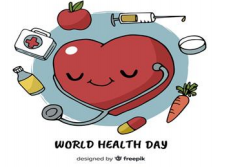
¿What types of poverty are there?
Poverty as a general concept encompasses the lack of basic resources for human beings such as food, drinking water, housing, education, health and social integrity. However, it can be classified into several types according to the factors that cause it and the subjects affected.
• Material poverty:
It occurs in countries that have a lower social exclusion index. Those affected are victims not only of poverty, but of a low level of schooling, income inequality, illiteracy.
• Rural poverty:
Rural poverty occurs when the response to an improvement in the economic situation is not as positive in rural areas as in urban areas.
• Urban poverty:
It usually takes place in those cities where there is a constant flow of country-city emigration. The homes of these immigrants tend to be lower income earners.
• Social poverty:
Social poverty is measured according to the help that low-income people receive within a society. In this sense, being poor is considered a category within a group of people and will be determined according to the level of social reaction that results from a specific unfavorable situation.
•Child poverty:
The poverty of a community affects, above all, the growth, health and cognitive, emotional and behavioral development of children. For this reason, inequality between poor families often generates child poverty immediately, since its effects will prevail from very early stages of life.
• Relative poverty:
This class is applied in those countries where there are parts where there is precariousness and others where there is not. This is not absolute poverty, but encompasses places that have been marginalized by the country's governments or where the necessary measures have not been taken to combat evil.
• Structural poverty:
Structural poverty is that which affects the living conditions of a group of people within a society. It means that there are unequal social strata.

The World Bank researchers describe in the report six high-impact strategies, that is, six policies whose effectiveness in increasing the incomes of the poor, increasing their access to essential services and improving their long-term development prospects has been demonstrated:
• Development and nutrition in early childhood • Universal health coverage
• Universal access to quality education
• Cash transfers to poor families
• Rural infrastructure, in particular roads and electrification
• Progressive taxation
"The message is clear: to end poverty, we must ensure that growth benefits the poorest, and one of the most effective measures in this regard is to reduce the high level of inequality, particularly in countries where many live. poor people".
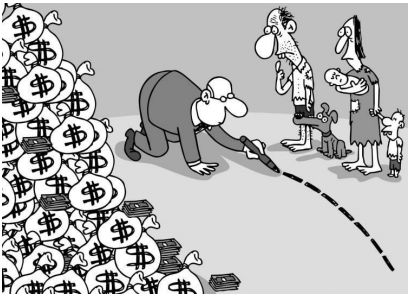
Temas relacionados:
También te puede interesar
Esta web se reserva el derecho de suprimir, por cualquier razón y sin previo aviso, cualquier contenido generado en los espacios de participación en caso de que los mensajes incluyan insultos, mensajes racistas, sexistas... Tampoco se permitirán los ataques personales ni los comentarios que insistan en boicotear la labor informativa de la web, ni todos aquellos mensajes no relacionados con la noticia que se esté comentando. De no respetarse estas mínimas normas de participación este medio se verá obligado a prescindir de este foro, lamentándolo sinceramente por todos cuantos intervienen y hacen en todo momento un uso absolutamente cívico y respetuoso de la libertad de expresión.
No hay opiniones. Sé el primero en escribir.



